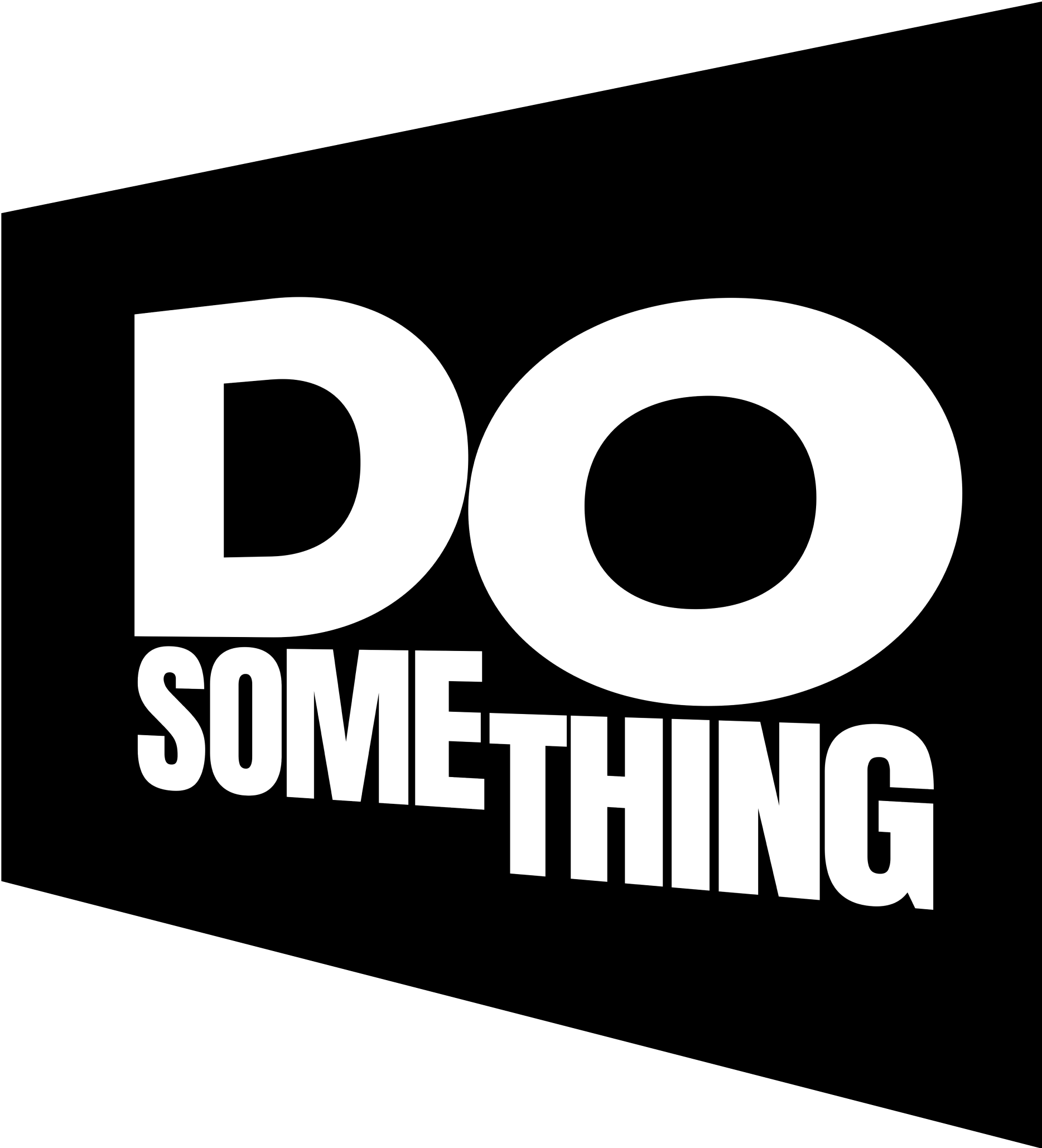11 Facts About Caffeine

Welcome to DoSomething.org, a global movement of millions of young people making positive change, online and off! The 11 facts you want are below, and the sources for the facts are at the very bottom of the page. After you learn something, Do Something! Find out how to take action here.
- According to the American Academy of Sleep Medicine, it takes about 30 to 60 minutes for caffeine to reach its peak level in the blood. The body typically eliminates half of the drug in 3 to 5 hours, and the remainder can linger for 8 to 14 hours.^["Americans Are Drinking a Daily Cup of Coffee..." Reuters. Accessed September 26, 2019. https://www.reuters.com/article/us-coffee-conference-survey/americans-are-drinking-a-daily-cup-of-coffee-at-the-highest-level-in-six-years-survey-idUSKCN1GT0KU.]
- 96% of beverage caffeine consumed in the US is from coffee, soft drinks, and tea, with coffee contributing the most to caffeine intake.^[Diane C. Mitchell et all. Beverage Caffeine Intakes in the US. Accessed September 26, 2019. https://www.sciencedirect.com/science/article/pii/S0278691513007175.]
- Coffee is still the best way to get a rush of caffeine quickly; a tall Starbucks coffee will send about 260 mg of caffeine rushing through your veins, compared to the 45 mg in the same size Diet Coke.^["Caffeine Content." Center for Science in the Public Interest. Accessed March 11, 2014. http://www.cspinet.org/new/cafchart.htm.]
- Don’t be fooled by energy drinks like Red Bull and Monster. They actually contain less caffeine than a cup of coffee and instead are filled with tons of chemicals and sugar, so you end up loading up on empty calories for less energy.^[Greenspan, Sam. "11 Enlightening Facts About Caffeine." 11 Enlightening Facts About Caffeine - 11 Points. Accessed March 11, 2014. http://www.11points.com/Food-Drink/11_Enlightening_Facts_About_Caffeine.]
- Caffeine is the most socially acceptable drug for a reason. Studies suggest that it can improve mood and concentration, sharpen your focus, and increase lifespan. Recently it has been linked to staving off Alzheimer’s and Parkinson’s.^[Cahalan, Susannah. "Society’s favorite drug affects us more than we think." New York Post. Accessed March 11, 2014. http://nypost.com/2014/03/08/societys-favorite-drug-affects-us-more-than-we-think/.]
- Caffeine does have a darker side (and we're not talking espresso). Caffeine has been linked to upping anxiety, sleeplessness, and even causing psychosis. Taken in too high a dose, caffeine can cause vomiting, convulsions, coma, and even death.^[Cahalan, Susannah. "Society’s favorite drug affects us more than we think." New York Post. Accessed March 11, 2014. http://nypost.com/2014/03/08/societys-favorite-drug-affects-us-more-than-we-think/.]
- Once the caffeine hits your stomach it takes about 20 minutes for your brain to start feeling the effects.^[Brain, Marshall, Charles Bryant, and Matt Cunningham. "How Caffeine Works." HowStuffWorks. Accessed March 11, 2014. http://science.howstuffworks.com/caffeine4.htm.]
- Caffeine works by blocking adenosine, the neurotransmitter that tells your brain it’s tired.^[Brain, Marshall, Charles Bryant, and Matt Cunningham. "How Caffeine Works." HowStuffWorks. Accessed March 11, 2014. http://science.howstuffworks.com/caffeine4.htm.]
- While adenosine is blocked, dopamine production increases, meaning that a cup of coffee in the morning might just make you a happier person.^[Brain, Marshall, Charles Bryant, and Matt Cunningham. "How Caffeine Works." HowStuffWorks. Accessed March 11, 2014. http://science.howstuffworks.com/caffeine4.htm.]
- Caffeine can increase athletic ability by 3%. Aside from telling your brain it’s not tired, caffeine increases the amount of calcium released inside our muscles, enabling them to work harder.^[Oatman, Maddie. "9 Things You Should Know About Your Caffeine Habit." Mother Jones. Accessed March 11, 2014. http://www.motherjones.com/environment/2014/03/caffeine-murray-carpenter-energy-drink-keurig-cup-coffee.]
- It is important to remember caffeine is a drug, and with any drug, the withdrawals are hard. Expect an inability to concentrate, headaches, and even flu-like symptoms if you plan on giving it up.^[Cahalan, Susannah. "Society’s favorite drug affects us more than we think." New York Post. Accessed March 11, 2014. http://nypost.com/2014/03/08/societys-favorite-drug-affects-us-more-than-we-think/.]
GET INVOLVED
Make a difference in your community and add your vision to the future of our democracy
